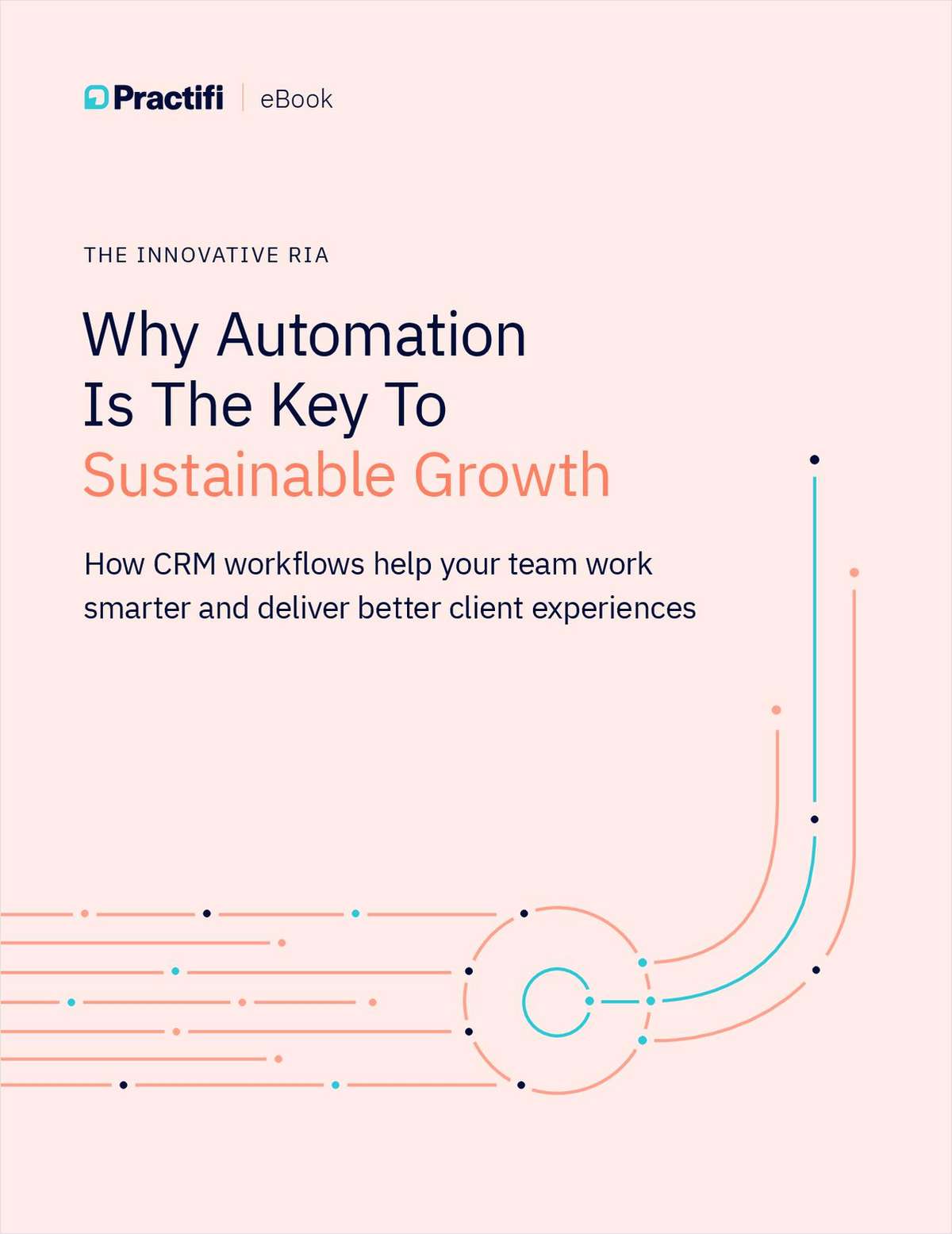
Most people associate this season — the most wonderful time of the year, after all — with holiday parties, presents and charitable donations. I’m going to add something else into the mix: a succession plan.
After all, what better way to show your loved ones, clients and staff that you care than having a plan in place to ensure that day-to-day operations continue in the event of a planned (or unplanned) business exit.
By doing your due diligence, asking the appropriate questions and teaming with the right partner, you can define the next evolution of your business.
Why a Succession Plan?
Financial advisors act as trusted partners, helping clients plan and prepare for their financial futures. However, when it comes to focusing on their futures, many advisors don’t seem to be taking their own advice.
In fact, a recent report by Cerulli shows that within the next 10 years, 38% of financial advisors, collectively controlling more than $11 trillion — or 42% of total industry assets — are expected to retire. Yet roughly 1 in 4 financial advisors don’t have a succession plan for their own business.
Even if retirement isn’t on the horizon, having a succession plan in place is a critical business planning strategy for several reasons, including:
- Maintaining business continuity
- Ensuring client retention
- Preserving practice valuation
- Guaranteeing regulatory compliance
- Safeguarding that your business, family, clients and staff are protected in the event of any of the four D’s: death, divorce, disaster or disability.
Putting together a succession plan can be as stressful as trying to pick out the perfect present, but it doesn’t have to be. Here are five tips to help you draft a thoughtful succession plan.
Define Your Objectives
Start by clearly outlining your goals and objectives for your succession plan. Consider factors such as your desired timeline, financial considerations, and the type of successor you prefer, whether internal, external or a combination.
The most successful succession plans address the goals of every stakeholder — including you, your family and your staff — while paying attention to how your succession will affect others. It’s also essential to think about your clients’ needs — because any transition will affect them personally.
Select a Successor
Arguably, the most important decision when it comes to the future of your business is who will take the reins when you step away. Larger businesses, or businesses offering a multitude of services, may need to tap multiple successors to ensure a seamless transition.



